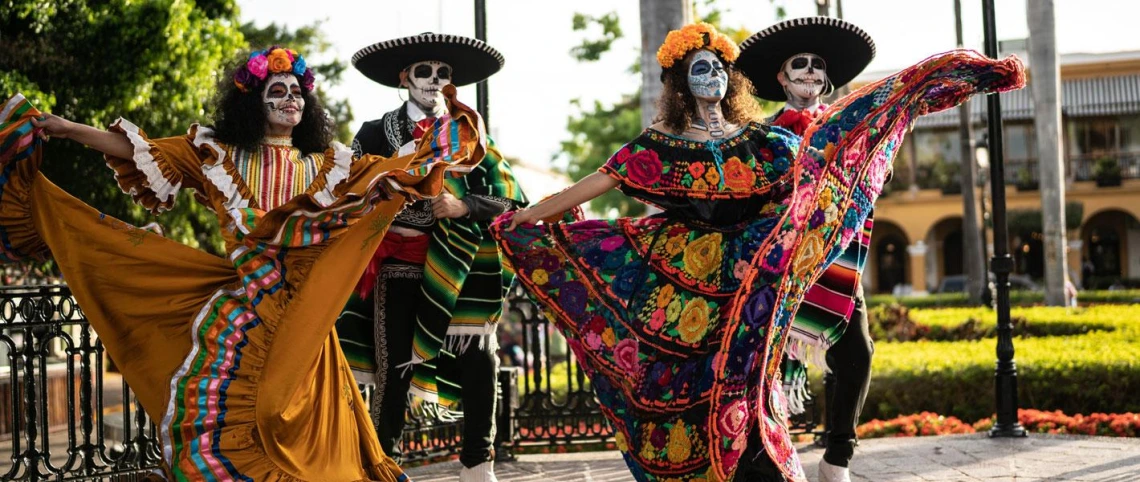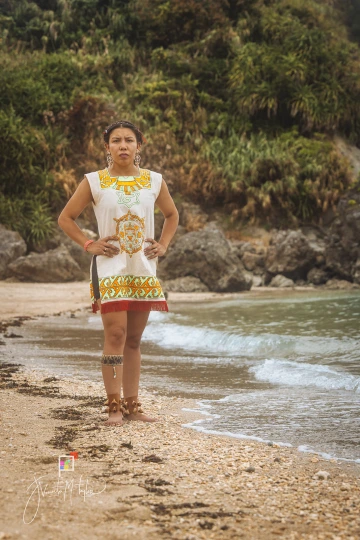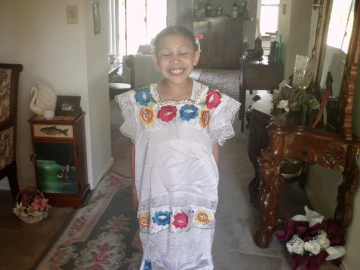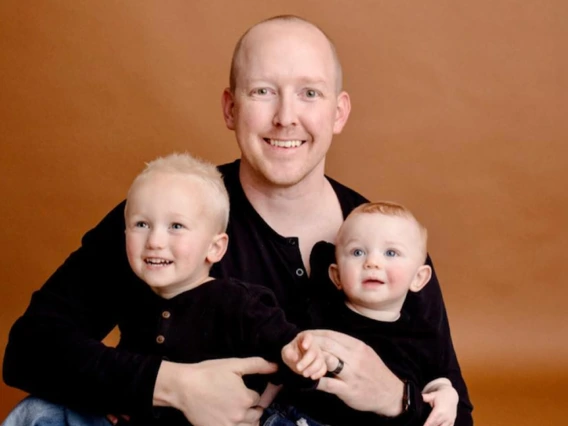
Guided By Culture & Experience
Citlali is a Communication student in the College of Social and Behavioral Sciences, and she has her sights set on law school after she graduates with her bachelor’s this coming fall.
“Receiving a communication degree is a stepping stone to law school. I can use the skills I learn to help others use their voices and tell their stories. We have to actively listen to those around us before we can help to create change.”
Citlali’s husband is in the military, and the couple currently lives in Okinawa, Japan, where Citlali’s husband is stationed. Citlali says it has been an unforgettable experience interacting with Japanese and Okinawan cultures.
“What helped me acclimate the most was that I quickly learned that Japan has respectful mannerisms similar to Mexican culture due to both being collective cultures, so it helped make me feel at home.”










